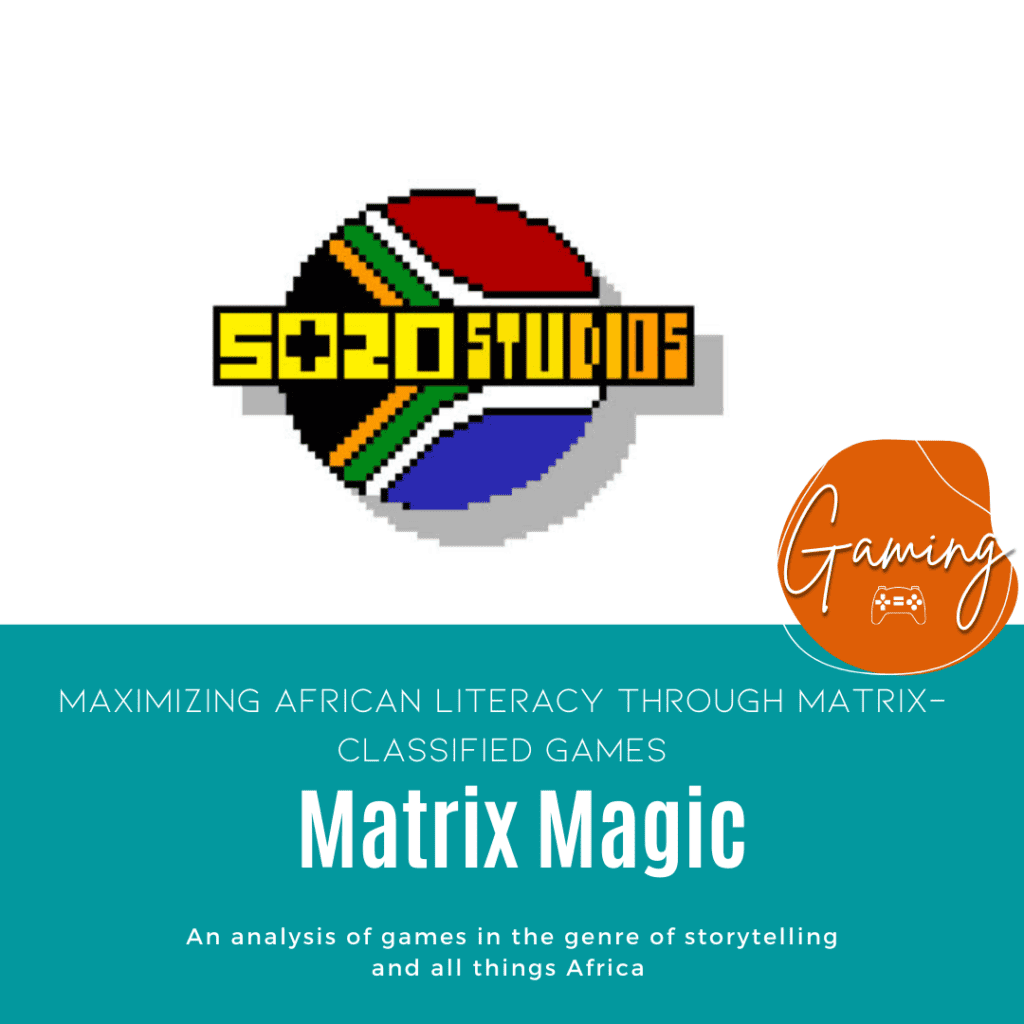Video games have been increasingly popular in recent years, especially in South Africa, as a means of fostering literacy. Video games are become a common form of entertainment in the nation as more young people have access to technology. However, representations of Africa in video games frequently lack depth and complexity. In this blog, we’ll look at four games that, in various ways, emphasize South African reading. Even if some of these games weren’t created with South Africa in mind especially, they can nevertheless be modified to promote information that is pertinent to the culture. We will carefully investigate and analyze the manner in which these games are fostering literacy and how they are assisting in the development of young people in the country. The four games chosen for analysis reflect a varied variety of perspectives and techniques, providing a complete look at the condition of South African gaming literacy.
What did we find?
The gaming industry is constantly pushing the boundaries of storytelling and immersive experiences, and African culture provides a rich and diverse backdrop for these tales. Incorporating African themes and mythology into video games can not only provide a unique and captivating gaming experience, but also shed light on the continent’s rich history and culture.
Hogwarts Legacy, a game mostly intended for fun, was just discovered on Steam. As a player, your goal is to learn about history as you embark on your journey as a student at Hogwarts School of Witchcraft and Wizardry. Similarly, adding African themes and mythology into video games can provide players with the opportunity to learn about the African continent’s rich history and different cultures in a pleasant and enjoyable way. The integration of African motifs and storytelling can help to increase cultural knowledge and appreciation by allowing players to immerse themselves in historical stories and rituals while having fun.
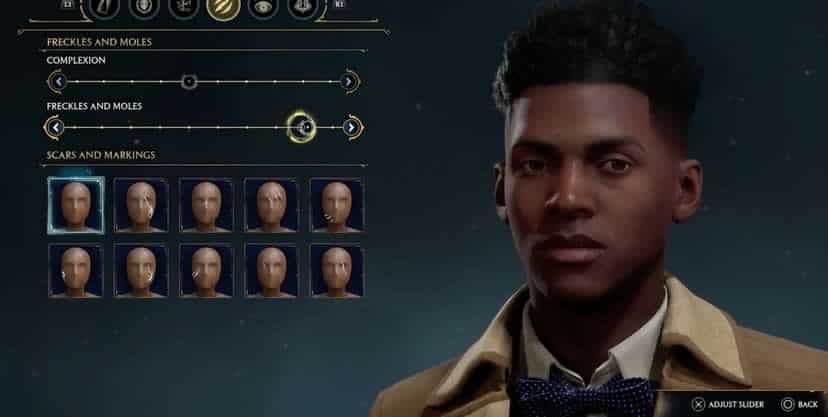
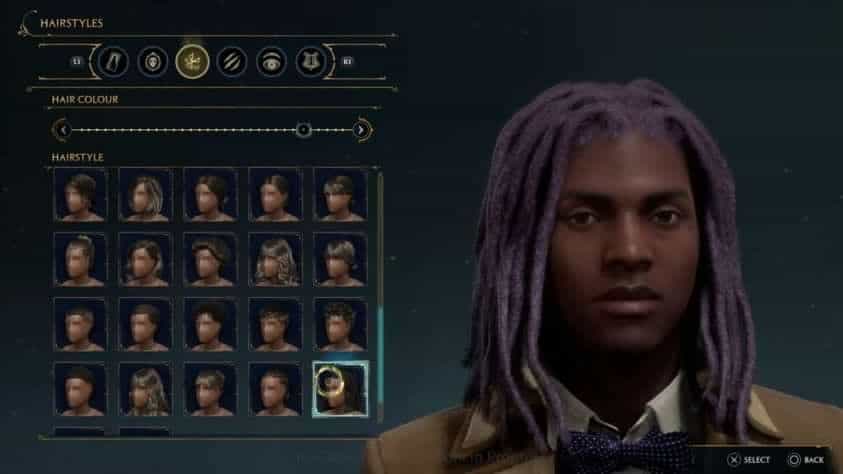
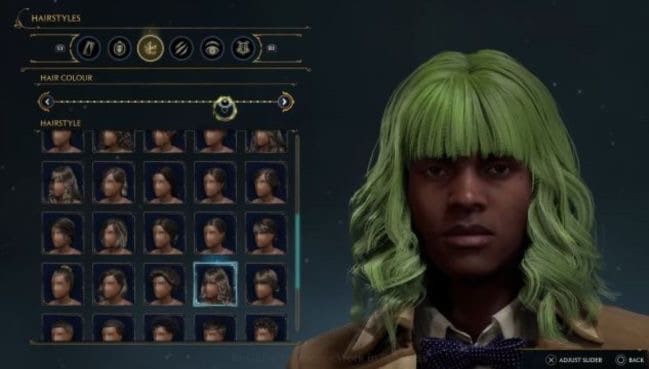
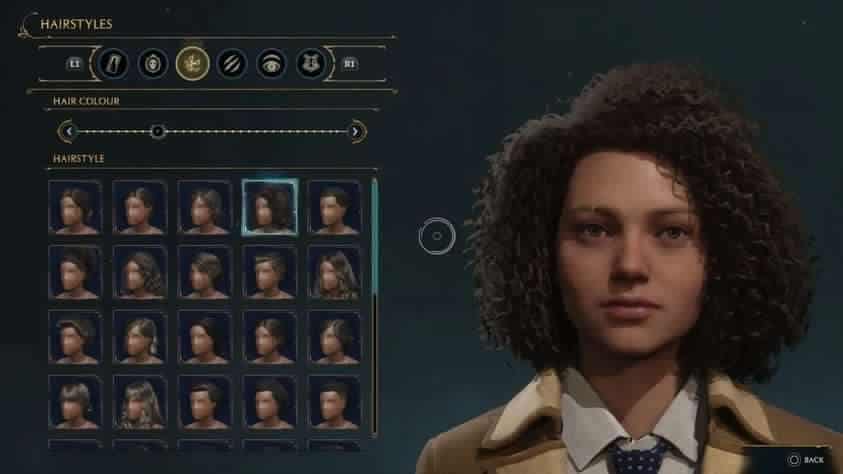
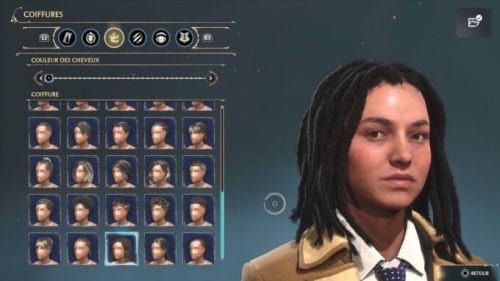
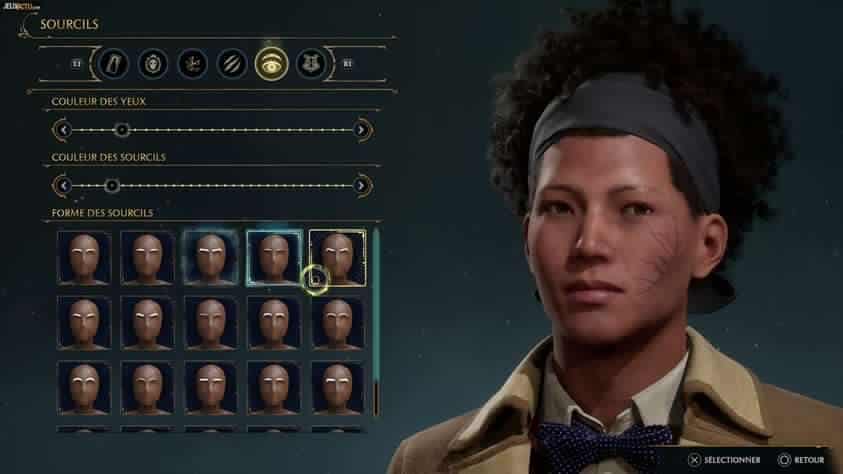
While I was unable to acquire the game, my cousin was kind enough to share her experience with me. The avatar modification options were fairly extensive and broad in my opinion.
Unfortunately, due to the $60 price tag, I was unable to play Hogwarts Legacy. This prevented me from enjoying the game’s immersive story, stunning graphics, and engaging gameplay, as well as learning about the game’s core dynamics. Despite this setback, I remain optimistic that more accessible and affordable video games with African themes and storytelling will become available in the future, allowing a wider audience to explore and appreciate the African continent’s rich history and culture.
Video games can play an important role in promoting cultural awareness and appreciation by highlighting the rich heritage and mythology of African culture. The incorporation of African themes and storytelling will undoubtedly become an increasingly important aspect of the gaming industry as it grows and evolves.
Survival Africa is another simulation game with African themes that I discovered on Steam. Unlike Hogwarts Legacy, the emphasis of this game is on survival tactics in the heart of the African wilderness, rather than immersive storytelling. Players must survive against the elements and wildlife while navigating the dangers of the African savanna. The game provides an exciting and challenging gaming experience by putting players’ survival skills to the test in a virtual African environment. Survival Africa’s core dynamic is centered on survival and resource management, with players managing resources such as food and water and using survival skills such as hunting and evading danger to stay alive. Other survival-related mechanics such as shelter construction, weapon crafting, and resource scavenging may also be included in the game.
Survival Africa, despite being less focused on cultural education, still allows players to experience the beauty and uniqueness of the African wilderness. However, the visuals in this game are quite unsophisticated when compared to those in Hogwarts Legacy. Despite this, the game has immersive gameplay that allows players to feel as if they are in the heart of Africa. Furthermore, the incorporation of African themes and landscapes can provide players with a glimpse into the continent’s rich heritage and diverse cultures.
Overall, Survival Africa demonstrates the power of video games to deliver thrilling and engaging gaming experiences even when the primary goal is not cultural education. The game provides a unique and captivating gaming experience, allowing players to put their survival skills to the test in a virtual African environment while also providing a glimpse into Africa’s rich heritage and diversity. Survival Africa’s challenging and immersive experience impressed me, and I look forward to exploring more games with African themes in the future.
A further game that piqued my interest was You and Me and Her, a visual novel about relationships and narrative. The game provides a one-of-a-kind and personalized gaming experience that allows users to explore and navigate complicated interpersonal interactions. The main dynamic of You and Me and Her is most likely centered on making choices and decisions that affect the game’s relationships and storylines. Based on their decisions, players can construct their own tale and experience, leading to a variety of possible outcomes and endings.
The simplicity of the art in You and Me and Her is an intriguing aspect. The graphics are not overly complicated, but they successfully represent the game’s themes and tales. This design’s simplicity drew my attention and motivated me to investigate adding a similar look into my own game design. Instead of being distracted by over-the-top aesthetics, the minimalism of the imagery allows the player to focus on the individuals, their relationships, and the personal narratives that drive the game.
I discovered You and Me and Her on Steam and went to buy it, but I ran into some problems when I tried to load it. I couldn’t play the game because the screen kept going black. Despite this setback, I remain intrigued by video games’ potential to be not only amusing, but also emotionally engaging and thought-provoking. The game provides a one-of-a-kind and personalized gaming experience by allowing players to explore and navigate complicated interpersonal connections, resulting to a variety of possible situations and endings. The mix of Japanese written tales and English audio provides an extra dimension of appeal and mystery by providing a different cultural perspective and storytelling style.
The art’s simplicity has also motivated me to think about implementing similar themes into my own game design. In the future, I intend to fix the technological challenges and explore into the emotional and psychological aspects of human contact via this game.
My curiosity in visual novels drove me to investigate further, and I discovered Sabotage Osana through a YouTube search. The game is well-known for its intricate narratives and violent plot twists, which provide players with a completely immersive experience. The fundamental dynamic of Sabotage Osana revolves around discovering the truth, solving puzzles, and making decisions that affect the story’s outcome.
The player assumes the character of a detective entrusted with solving a series of difficult and interconnected cases. Sabotage Osana’s gameplay and storytelling aspects are brilliantly constructed, keeping players captivated and on the edge of their seats. The game is designed to mentally and emotionally challenge players, making it a true test of one’s problem-solving and deductive ability.
This form of gaming, in my opinion, can be highly beneficial to African consumers. Games like Sabotage Osana can help to explore and preserve African culture and heritage. They can serve as a platform for African writers and developers to showcase their work while also drawing attention to critical social and political issues. Furthermore, video games can be a useful medium for educating the general public about African heritage and developing a deeper understanding and appreciation of the continent’s many cultures.
My foray into the realm of video games has widened my knowledge of games’ ability to be much more than just a form of amusement. Each game demonstrated the ability of video games as a vehicle for storytelling and learning, whether it was the story-driven visual novel Sabotage Osana, the survival game Survival Africa, the educational and heritage-focused Hogswart’s Legacy, or the art-focused You and Me and Her. The use of video games as a medium not only lends depth and legitimacy to long-forgotten stories, but it also serves to educate and engage African audiences. Video games can help enhance literacy and increase mastery of the English language, making them a helpful tool for language learners. The potential for video games to raise awareness of key cultural, historical, and social concerns while fostering language acquisition is particularly intriguing, and I look forward to seeing more games in the future, both from African developers and those that explore African heritage.
What have you learned about games in your topic area?
After searching for African-themed games, I was disappointed to discover that the only alternatives were survival games in which the residents were portrayed as ordinary natives in the scenery. I did come across a game that delves into African mythology, but it wasn’t explicitly about South Africa. Furthermore, there were few games that featured indigenous languages or provided an educational experience for African youngsters in the same magical way as Hogwarts Legacy did. The majority of the visual novels discovered were in Japanese, and the African games were mostly about survival. It demonstrates the need for additional games that authentically portray African heritage and culture while also providing informative and enjoyable experiences for African consumers. This paucity of representation in the game industry emphasizes the importance of more African creators telling their own stories and bringing their own distinct perspectives to the forefront.
The Play Matrix

Fun finds…
My discoveries in the world of South African-themed video games were amusing. Despite not finding much information about South Africa, I came across a game called “Boet Fighter” that is not designed for children but is firmly entrenched in South African Afrikaans culture. Despite the fact that it may promote stereotyped and even racial parts of South African culture, the value of highlighting and maintaining cultural heritage through video games cannot be overstated. Despite its limits and propagation of negative stereotypes, this game provides a unique look into South African Afrikaans culture and emphasizes the importance of maintaining and presenting cultural heritage through the medium of video games.

